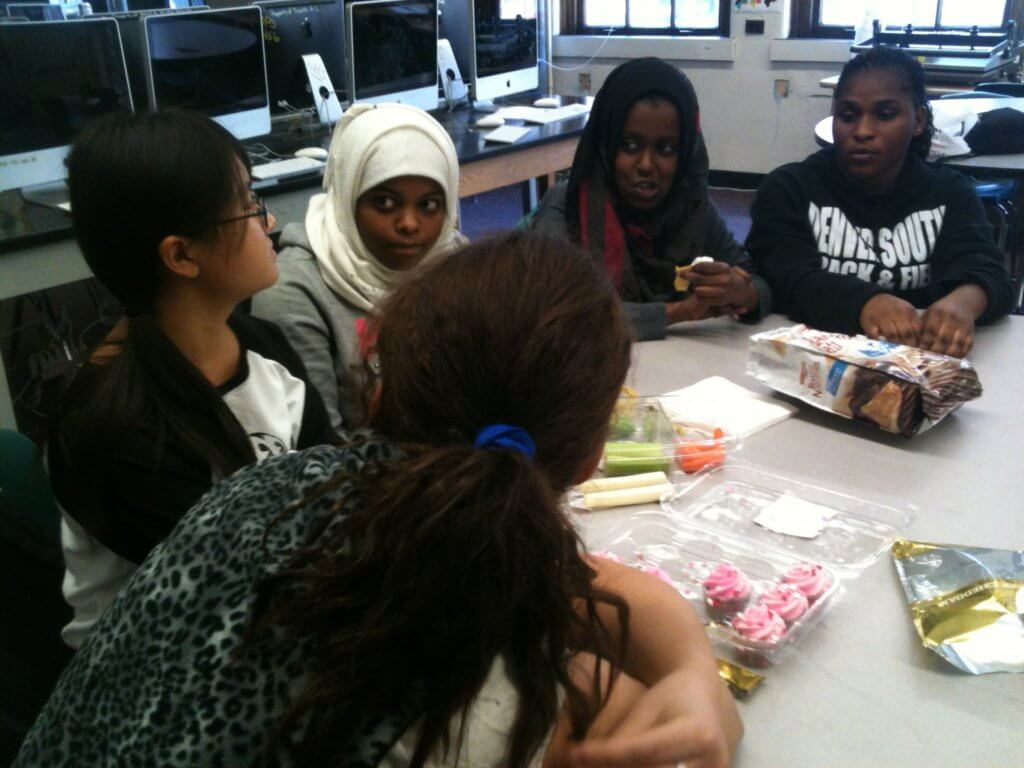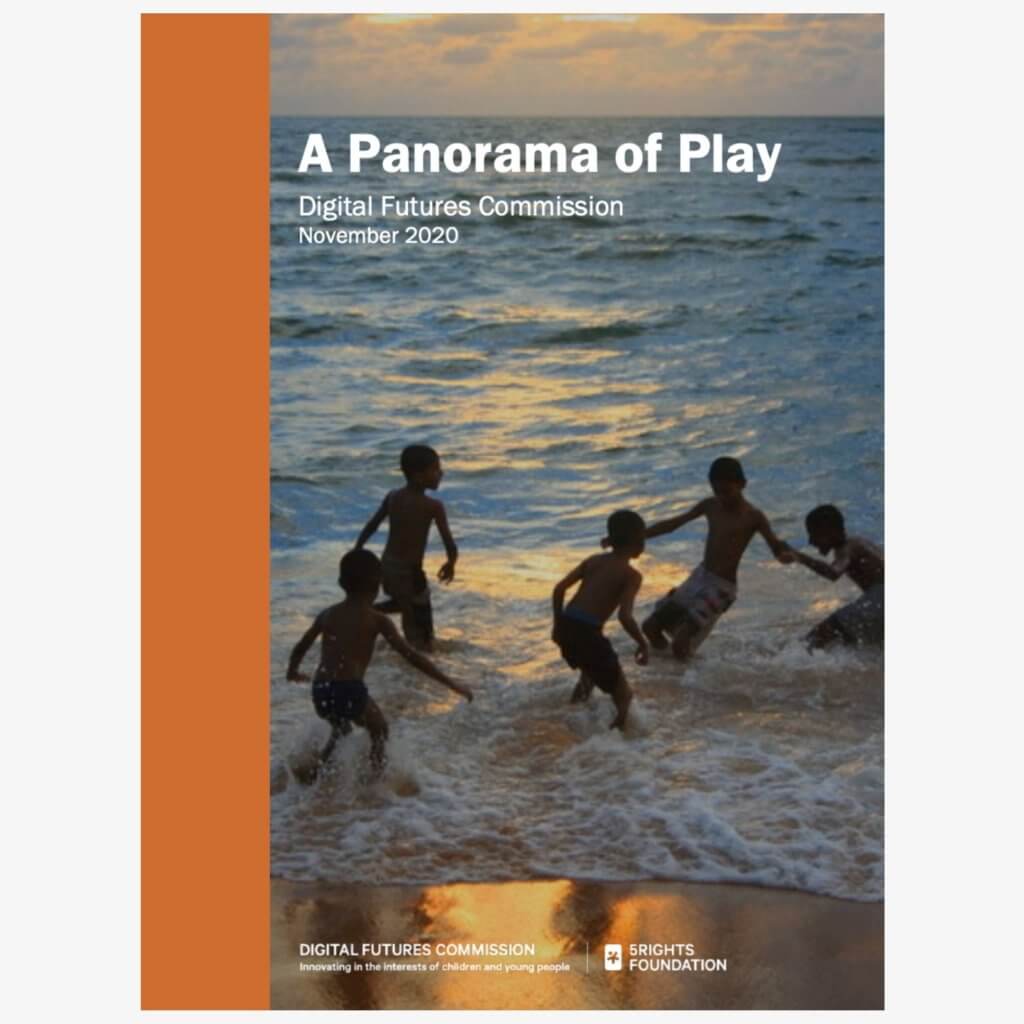By Sonia Livingstone
Play is a vital way in which children enjoy and express themselves, develop, build relationships and participate in the world. But today society is full of anxiety when it comes to children’s digital play. Risk aversion can limit children’s opportunities to learn and grow through exploring, experimenting and making mistakes. What would improve children and young people’s opportunities for play and playfulness – in effect, their opportunities for agency, inclusion and voice – in a digital world?
In our new review, ‘A Panorama of Play’, Kate Cowan highlights the rich array of ideas and research on children’s play proposed through history and across disciplines, and pinpoints the typical qualities of free play. While recognising that these qualities are neither exhaustive nor universal, she argues that free play is:
Since children and young people spend considerable parts of their lives online, the Digital Futures Commission will evaluate how the qualities of free play manifest – whether enabled or impeded – in the digital environment? What are the implications, if the design of particular products and services used by children is to serve their best interests?
These questions drive the first work stream of the Digital Futures Commission. We have learned from a series of insightful expert interviews. For instance, free play advocate Tim Gill observes that:
“Play is often rule-based, but children can change the rules… There is value in space where adults are not present.”
Playworker and academic Wendy Russell got us thinking when she explained how:
“Children like loose parts, stuff that they can move around and manipulate.”
Can such rule-changing, such manipulation of “stuff”, happen online? Researcher Andrew Burn thinks it can, if we design the digital environment with children’s interests in mind. He finds that:
“The first thing kids do is design the game world. Then they explore it: they walk around in this space they’ve created. Then they introduce rules, through programming and characters.”
But professional games designer Chris Bateman is worried:
“Games seem to offer agency… but [profitable] games don’t afford as much opportunity for creative play, because [making money] becomes the game. The more that forces out diversity, the worse it is for children.”
Finding a way out of this problem is important because, as psychologist Ann Phoenix explains:
“Children are forever stopped from doing things… Play allows them to break through constraints in imagination. It allows them to practice being in control.”
The Digital Futures Commission has also been listening to what children and young people say. They value the freedom to play in diverse ways, with a degree of protection but not too many adult constraints, and they love opportunities to make their own rules and sometimes to break the rules!
One of our favourite quotations, originally told to the Children’s Parliament in Scotland by a six year old boy captures the creative joy of free play:
“I like playing with my brother pushing him around in the laundry basket, that’s my favourite game. I don’t know what it’s called; just the ‘pushing my brother around in the laundry basket game’.”
Can children play like this online? That’s the question!

To develop a vision of what good looks like for children’s play in the digital age, we have launched a public consultation with:
- Children and young people
- Parents and carers
- Professionals who work with children
If you belong to one of these groups, please get in touch with us at info@digitalfuturescommission.org.uk. We’re now arranging online discussions – fun to participate in, but with a serious purpose, whether you are an individual could join with a small group of other children, friends or colleagues.
As for the Digital Futures Commission’s other work streams, you can read about them in our working research agenda, launched on World Children’s Day. Watch our blog for updates in the coming months, and do stay in touch.
This blog is part of the play interview series. You can view the rest of the blog series here.
Professor Sonia Livingstone OBE is a member of the UNCRC General Comment’s Steering Group, and leads the Digital Futures Commission. Sonia is Professor of Social Psychology in the Department of Media and Communications at the London School of Economics and Political Science. She has published twenty books on media audiences, media literacy, and media regulation, with a particular focus on the opportunities and risks of digital media for children and young people.

